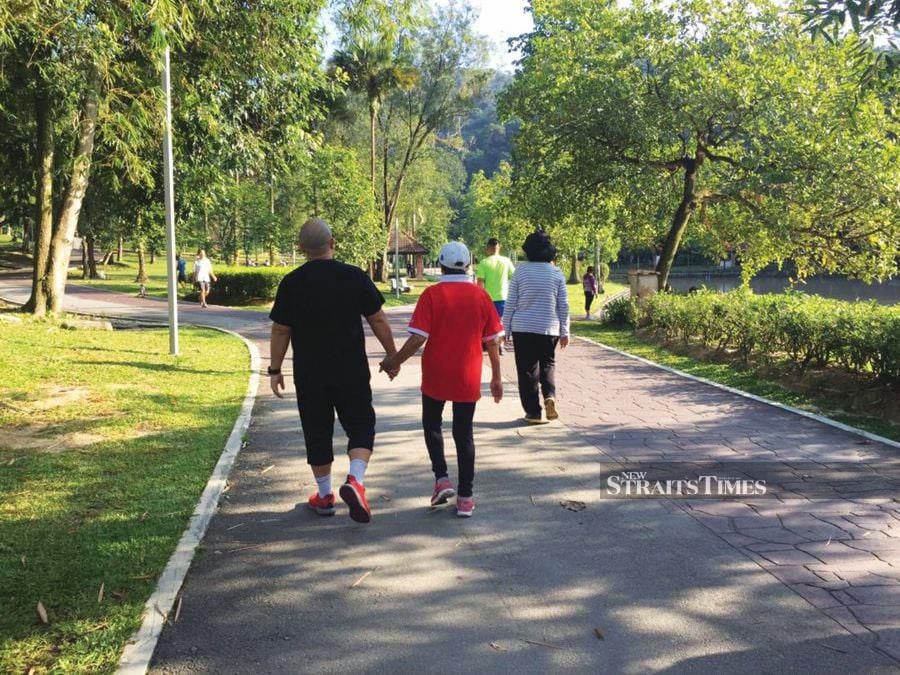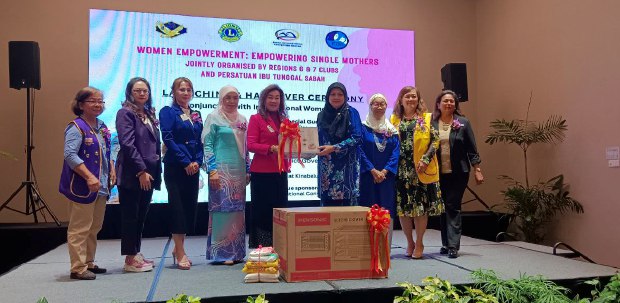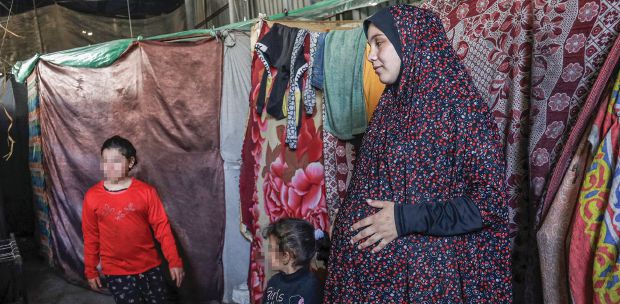WHEN we celebrate Women’s Day every March 8, most of us will inevitably think about the wonderful women in our lives who have either inspired us to greatness, dedicated their lives to us, or guided us in our life journey. In nearly every case, that wonderful woman whom we spare a thought for would be our mothers. And that is how it should be.
This year’s Women’s Day celebration was bittersweet. It was a month to the day when I lost
my mother, and the first time the family is making its way through life without her sweet indulgent smile, and patient tolerance of all our idiosyncrasies. She was 74 when she passed away, a victim of a fast-spreading lung cancer.
It was the family’s decision to not go down the chemotherapy route, choosing instead to prioritise her quality of life as opposed to longevity. Every medical wannabe told us to choose chemotherapy for the untreatable disease, forgetting that the key word there was “untreatable”. This is always the dilemma that every family in that situation faces — do we prolong life no matter what the cost to the patient, or do we enjoy the precious moments to be spent with our loved ones while they can still function normally?
My mum led a simple life, taking pleasure from some of the most basic things — the successful sprout of a new plant in our garden, having breakfast with friends after a short walk at the park, and wearing her newly tailored baju kurung to a traditional wedding. Oh how she enjoyed those communal social events!
I remember one Sunday afternoon when my brother had taken mum to one of her endless wedding-dos. Squiring her to the event, my brother soon realised that they did not know anyone at the wedding — neither the bride, nor groom, nor anyone from their families. Apparently the invitation had been mistakenly sent to our house, and my mother happily accepted it. It did not faze her in the least that she was among strangers in that open house wedding concept.
The doctors who attended to her marvelled that she had the same answer every single time she was prodded to list down the things that she wanted done, or identify things that she wanted to leave behind to loved ones. “There’s nothing”, she would say, referring to the fact that she had no bucket list, and no regrets in her life.
Sometimes, in this rat race, we forget how to be simple. Most of us are too ambitious by far — we have a million and one things that we want to do, places that we want to see, and milestones that we want to achieve before we finally kick the bucket. We fail to see that an extra-long bucket list simply means that it has been a life unfulfilled, a potential unrealised and a dream un-lived.
If I was in her place, what would I want to do if I knew my end was near? I was convinced that I would want to sit down and write letters to all my family, friends and acquaintances. But as the days went by, and my mum’s answer never wavered, I realised just how precious it is to live this life with very little regret. After all, why should I put things in a letter from the grave when I could use the time to tell those individuals how much they meant to me?
It is apt that I pay tribute to her in this column, for she was the one who instilled in me the love for the written word.
A friend recently found my painstakingly buried thesis and quoted parts of the acknowledgement page to me — “my mother has been my rock, in her own quiet way she encouraged and nurtured my love for the written word”.
Growing up, I was her best friend. Towards the end, though, my sister became her best friend, and I know she felt our mother’s loss more keenly.
And so on Women’s Day, I celebrate not only the woman my mother was, but also her extraordinary life. She will be missed.
The writer is a foreign service officer and an honorary research fellow of the University of Sheffield, the United Kingdom. These days, she writes primarily on international affairs, with particular emphasis on Africa






